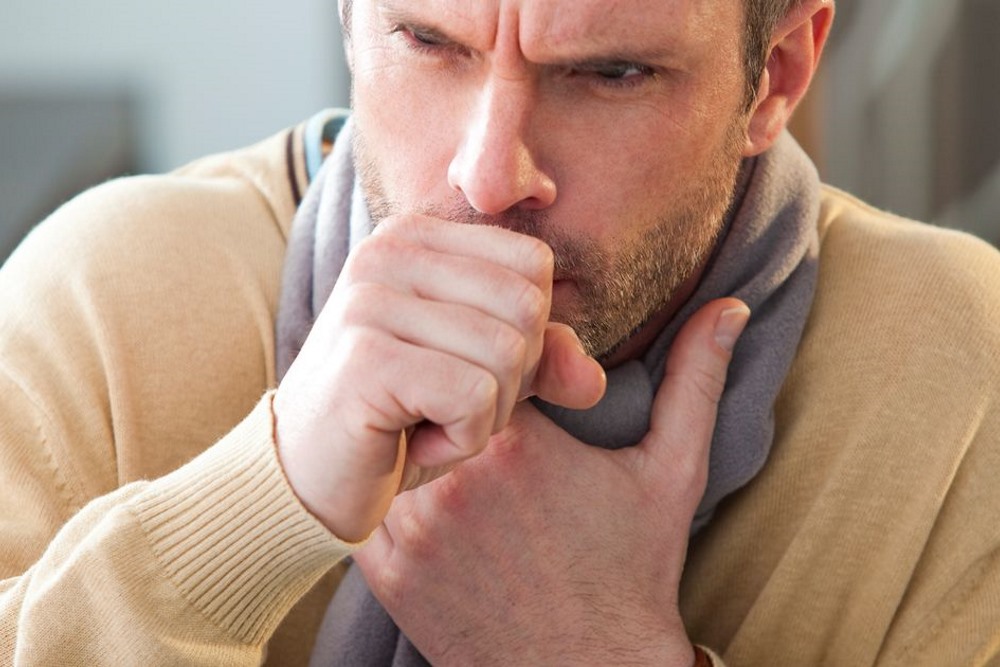The change of seasons can wreak havoc on your skin. Dry winds can result in chapped lips and tight cheeks, but with a little bit of prep, you can have the skin of your dreams. When you bring out your winter coats each year you should think about changing your skincare routine to make sure your skin stays supple and smooth. If you have sensitive skin, remember to test new products on the inside of your elbow and wait 24 hours before putting it on your face.
Combat Dryness
Cold winds outside and heaters inside cause tight dry skin. This is the biggest change people notice with Winter skin. Use a thicker body lotion like a body butter or balm and a heavier face moisturiser. Don’t forget to use a nice thick night cream to wake up with soft dewy skin. Dry skin is irritated even further by having hot baths and showers and so try to make sure your water isn’t scalding and try switching to a gentle soap-free cleanser.
Try Natural Secrets’ Goats Milk Shower Gel
Hydration
Keeping your body hydrated on the inside will help keep your skin hydrated on the outside. Drink plenty of water, even more than you think you need. And have an extra glass of water for each alcoholic or caffeinated drink.
Go Gentle
It’s tempting to use harsh scrubs and strong cleansers on your face to try and remove the top layer of dry skin, but this will do more damage in the long run. Opt for a gentle cleanser and don’t wash with hot water – use warm instead. If your face feels particularly dry, only use a cleanser once a day so you don’t strip the skin of natural protective oils.
Try Sukin’s Sensitive Cleansing Lotion
Don’t Forget About your Hands and Lips
The skin on your hands and lips are exposed all year round and they need extra care. If your hands are so dry they’re cracking you can help them heal by putting a thick layer of hand cream on under some cotton gloves (or clean socks!) overnight. This will help the cream sink in and prevent mess. For lips, make a conscious effort to avoid licking them as the digestive enzymes in saliva can cause more damage. Some thick pawpaw ointment will help to protect and moisturise this delicate area.
Excessive Dryness
If you have patches of excessive flaky dry skin you may need to add a little more moisture to your routine. Adding a few drops of jojoba, rosehip or argan oil will help sooth, heal and moisturise those patches. Use it directly on the dry area or add a few drops to your regular moisturising cream. If the dry skin is also itchy it could be a sign of irritation and so try using non-scented products for a while.
Remember to SPF
Our Australian winter sun can still cause damage and age the skin. Make sure you wear sunscreen on your face if you are going to be outside, or even better, find an everyday face moisturiser with SPF so you know you’ll be covered.
Try Natio Renew Day Cream SPF 15


